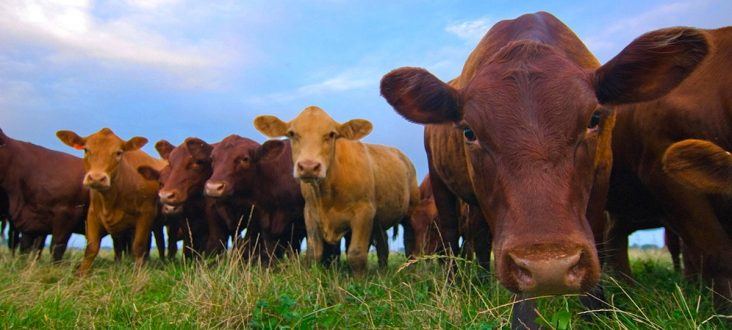ASU exploring veterinarian school partnership
by February 1, 2020 12:30 am 1,328 views

Arkansas State University has gone to the wolves, but it may also be going to the dogs, cats, cows and other animals.
ASU announced Friday (Jan. 31) an agreement to collaborate with Adtalem Global Education to explore the feasibility of creating the first in-state veterinary medical school, Chancellor Kelly Damphousse said.
Damphousse spoke with Faculty Senate prior to announcing that the university is exploring a public-private partnership with Adtalem, a global workforce solutions provider based in Chicago, with expertise educating veterinarians to nationally-accredited standards.
There is not a veterinary medical school in Arkansas. Nationally and in Arkansas there is a shortage of veterinarians. According to the U.S. Department of Agriculture, 80% of states experienced a shortage of veterinarians last year.
“The demand for veterinarians is significant as more households enjoy pet ownership, and Arkansas livestock producers have acknowledged a shortage of veterinarians for large animals,” said Damphousse. “This is a concern that our College of Agriculture faculty and others across the region have expressed to us. I am excited to begin the discussion on our campus. We plan to work closely with veterinarians throughout Arkansas as we move forward in the development of this new college.”
Provost Alan Utter will be the lead contact for the 180-day exploration period.
The proposed veterinary medicine program would enroll classes of approximately 120 students each year. Accreditation for any ASU College of Veterinary Medicine would be sought by the university, and graduates would have Arkansas State academic credentials. Adtalem, the parent company of Ross University School of Veterinary Medicine, would provide expertise related to veterinary program management and accreditation, as well as capital and operating expense funding. ASU operates its Doctor of Osteopathy (D.O) school through a partnership with New York Institute of Technology College of Medicine (NYITCOM).
“From practical experience, we know the need exists for more veterinarians, especially large animal practitioners, across our region and state,” Professor of Animal Science and Interim Dean of the College of Agriculture Dr. Donald “Bud” Kennedy said. “With the current resources that Arkansas State can bring to this process, we believe we can have a tremendous positive impact for the veterinarian profession and our agricultural industry.”
Damphousse also announced to the university faculty the creation of a Veterinary College Task Force to work with him in the vetting process, and named Kennedy as the task force’s chair.
“When Bud and our former dean Tim Burcham first approached me with the idea, I was very supportive because it speaks to our core mission for Arkansas and the region,” Damphousse said. “I want to stress that we are at the beginning stages. Along with chairing our Task Force, I have asked Dr. Kennedy to assist with selection of participants and request that they return with a recommendation later this year.”
ASU System President Charles Welch said a veterinary school would positively impact the university and state beyond addressing workforce shortages within the veterinary profession.
“We see opportunities to work with student programs such as 4-H and the National FFA Organization, as well as food safety initiatives,” Welch said. “It would also complement our agriculture and biotechnology-related programs, the long-standing two-year veterinary technician program at ASU-Beebe and our red wolf conservation efforts.”
